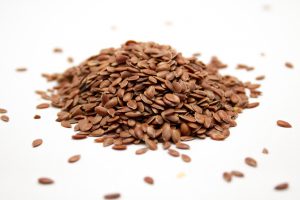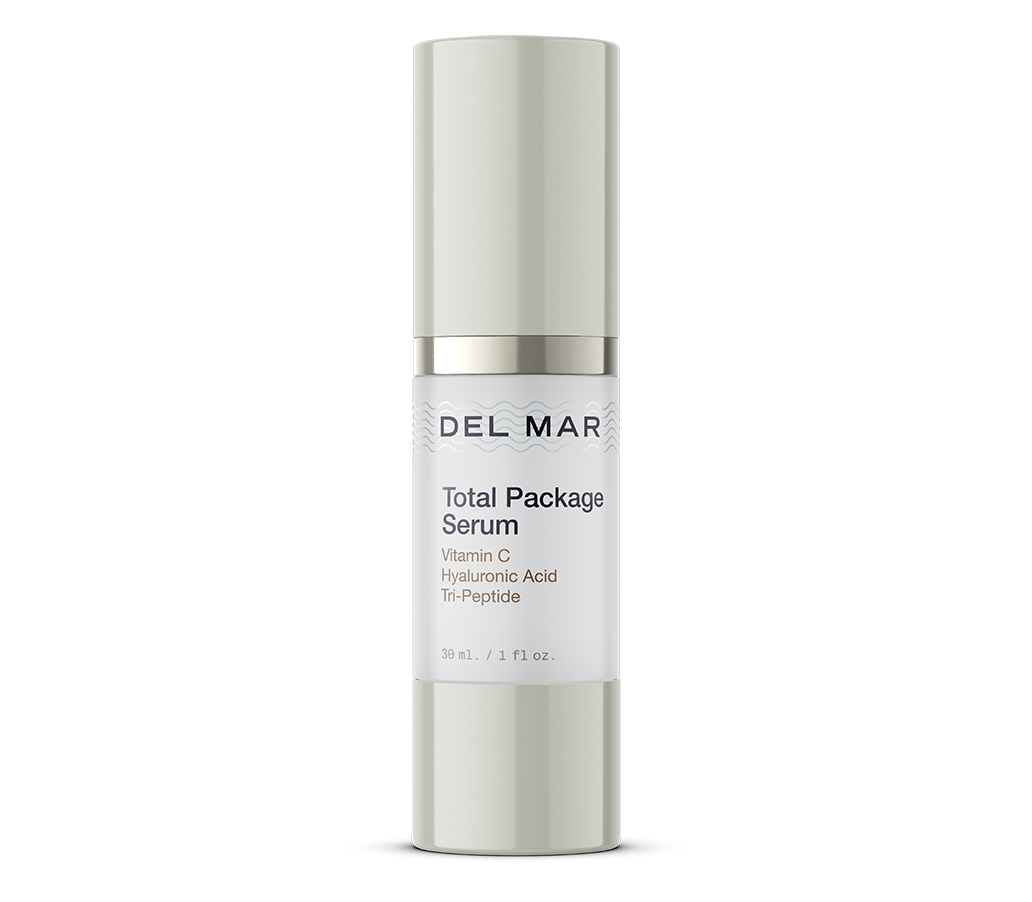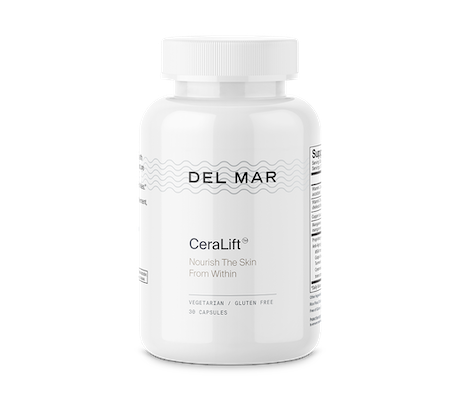“Why was it so much easier to lose weight before when I was younger and now, the scale won’t even move???”
Do you ever find yourself asking this question?
Well, there’s a scientific reason for that.
As you age, your body responds differently to your weight loss effort.
Your hormones start to go haywire.
If you’ve been struggling to lose weight—or suddenly gaining more weight without any changes to your diet—your hormones might be to blame.
The good news is that this hormone problem is reversible, no matter your age.
And when you get your hormones straightened out, you slow down premature aging and start burning fat again.
Here are the three BIG fat-storing hormones and how you can “fix” them to kickstart your weight loss:
Fat Storing Hormone #1: Insulin.
Insulin is the granddaddy of fat-storing hormones.
Secreted in small amounts by the pancreas, insulin helps control your blood sugar by extracting glucose and telling your cells to store the sugar as fat.
If your cells become insulin resistant, your blood sugar AND insulin levels will skyrocket, and your body will start hanging onto fat for dear life.
Tips for managing insulin:
- Minimize sugar and carb intake. Sugar raises insulin levels and promotes insulin resistance if abused.
- Supplement with magnesium. Most people are magnesium deficient, which is too bad because magnesium has been shown to improve insulin sensitivity.
- Drink green tea. Besides being delicious and calming, green tea may lower blood sugar and insulin levels.

Fat Storing Hormone #2: Cortisol.
Cortisol is the stress hormone produced by your adrenal glands.
In short doses, cortisol is vital to our survival. But with the chronic, low-grade stress and anxiety rampant in our world today, cortisol can lead to overeating and weight gain.
One thing about cortisol you should know is that a restrictive—or very low-calorie—diet can disrupt your cortisol levels and cause them to rise.
Not exactly what you want when trying to drop stubborn fat.
Tips for managing cortisol:
- Meditate. Meditation has been proven to reduce stress and lower cortisol levels when done regularly.
- Sleep more. Sleeping less than six hours a night will stress out your body and shoot cortisol levels upward.
- Eat a balanced diet. Rather than eat a uber-restrictive diet, find a balance with a nutrient-dense, whole-food diet.

Fat Storing Hormone #3: Estrogen.
Estrogen is the main culprit for the extra fat padding your hips and thighs (and “man boobs” if you’re a guy).
Both high and low levels of estrogen can cause weight gain. During menopause, estrogen levels drop and fat storage shifts from your hips and thighs to a more dangerous type of fat—visceral fat in your tummy.
Not only that, but environmental toxins—known as xenoestrogens—mimic estrogen in the body, which causes fat gain and more.
Tips for managing estrogen:
- Eat plenty of fiber. Whether you eat a boatload of cruciferous veggies or take a supplement, getting enough fiber daily will help flush toxins out of your body.
- Sprinkle flaxseed on your food. In your smoothies or on your salad, flaxseeds are an easy way to regulate estrogen in your body.
- Exercise more. Exercise can help normalize estrogen levels in both premenopausal and postmenopausal women.

Sometimes, it doesn’t matter how hard you try to lose fat… hormonal factors can keep you from reaching your goals.
Luckily, all it takes is a few diet and lifestyle tweaks to help get you back on track.






